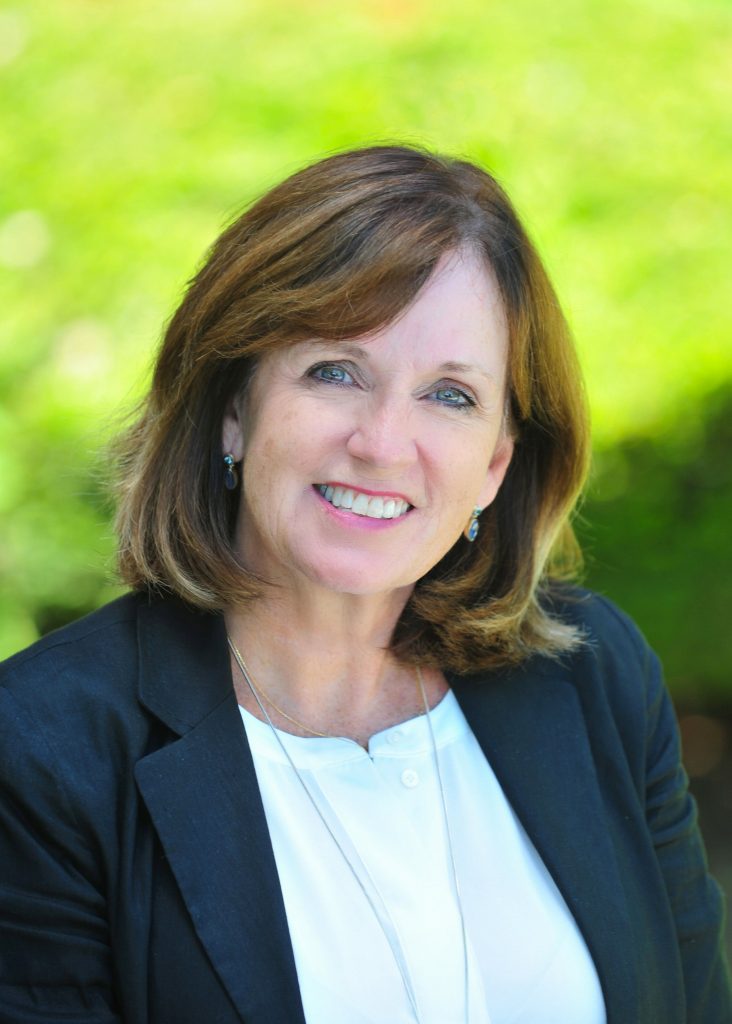The following article was contributed by Patricia McGann.
Essential to successful inclusion is an understanding and acceptance of the particularly Catholic notion that each of us is made in the “image and likeness of God.” Catholic schools have historically been safe havens for children – places where children are treated gently and guided carefully as they develop academically, socially, physically and spiritually.
School leaders who see the children and not the labels create successful inclusive schools. School leaders who commit themselves to unconditional acceptance of children with differences, of teachers who will struggle and fail, and of parents who will be afraid, can and do lead truly inclusive schools.
Parents of children with special learning needs are asking the same thing of us that all parents who seek Catholic education ask. They want to partner with us to see the Face of God in their children, provide their children with an excellent education, and help them lead their children to Heaven.
Partnership with parents of children with significant disabilities is even more important to the successful inclusion school. Parents need to be able to trust administrators and teachers to see the potential in their children. They are often afraid to share “too much” information, worrying that school personnel will lower the bar of expectations for their children, or even that their children might be consider “unsuitable” for the school.
One great way to strengthen communication between teachers and administrators and parents is to share a document called a Strengths and Strategies Profile. Teachers complete the form when they have finished the school year with a child, and use it for communication with the child’s next teachers. More importantly, though, parents can complete the form based on what they see and do at home. If the document is a shared Google doc, then everyone can see all comments and all entries. Transparency and focus on the child creates a true partnership!
We can ease the process of inclusion in our schools if we work together and share what we know. If we share our victories and our failures we will see that inclusive education is messy, full of challenges and tears, and incredibly beautiful.
Be sure to attend Patricia McGann’s session, Educating All Students in an Inclusive School Environment, at the 2017 NCEA Institute for Catholic School Leaders (ICSL) on Monday, July 17 at 9:30 AM.
